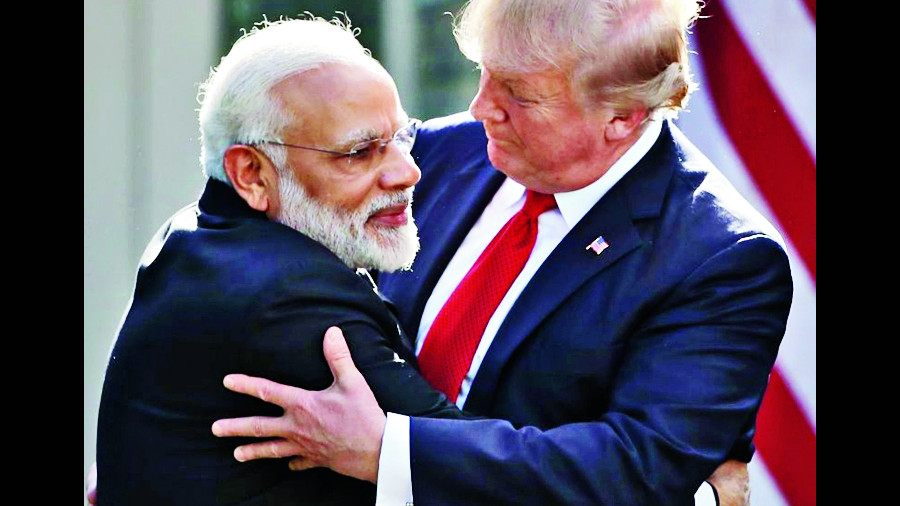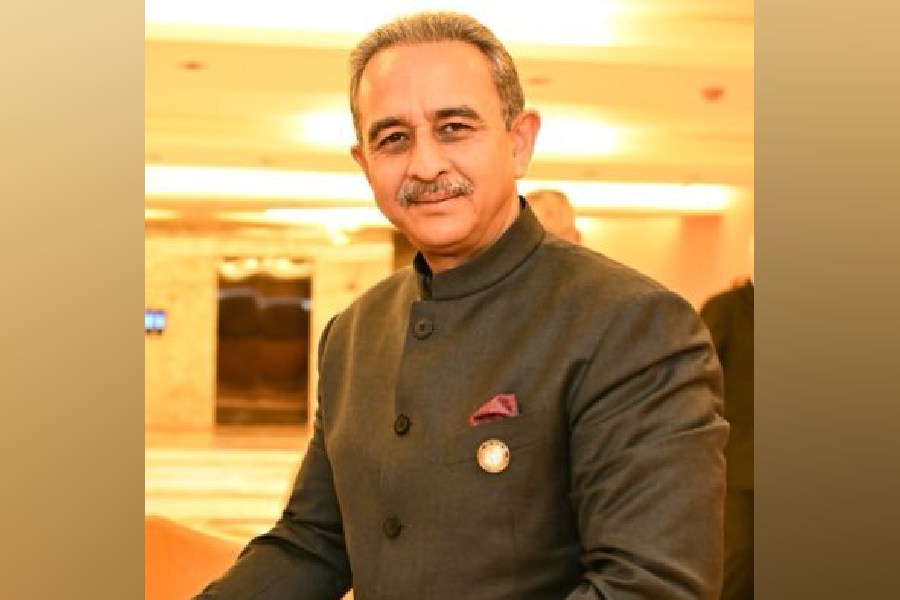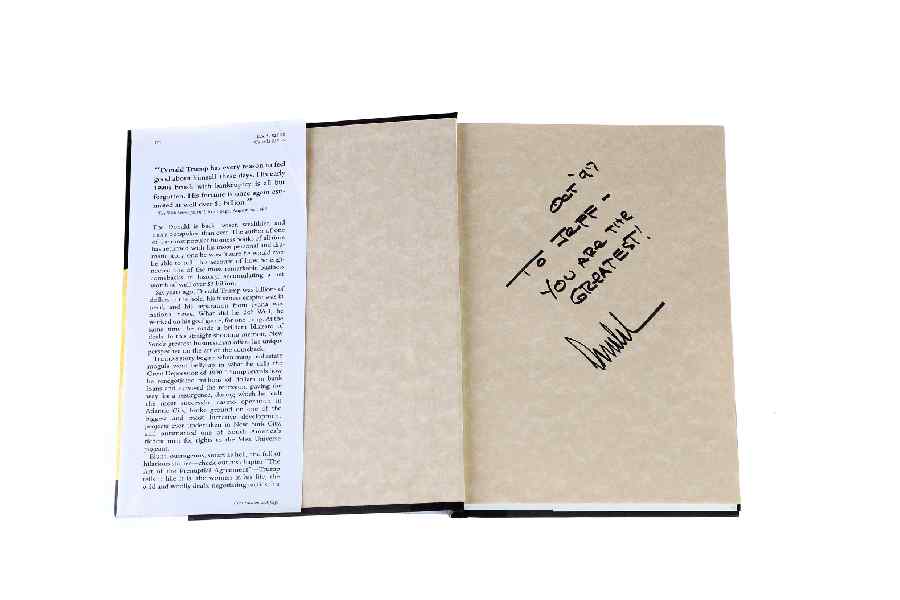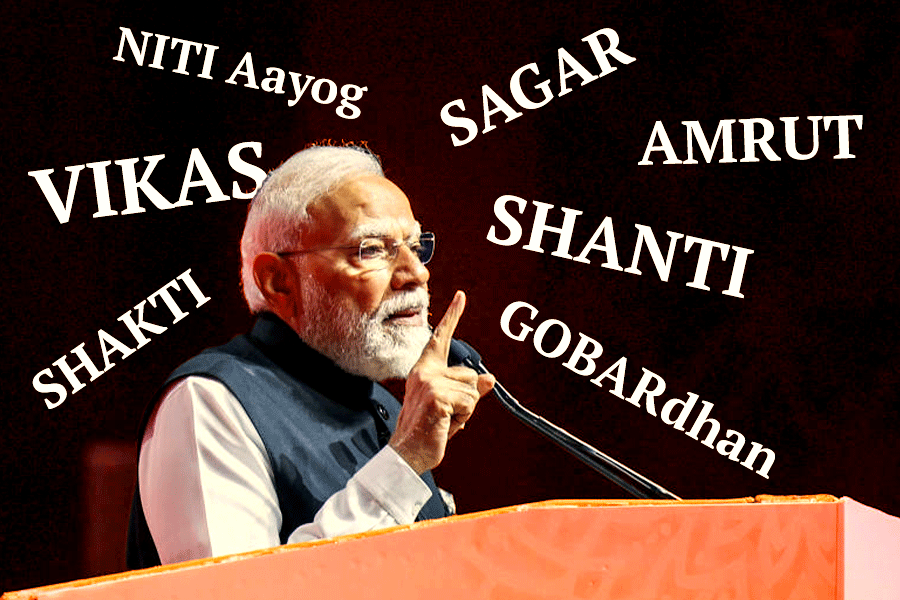Book: A Matter of Trust: Indo-US Relations from Truman to Trump
Author: Meenakshi Ahamed,
Publisher: HarperCollins
Price: Rs 899
There is a sense of déjà vu about every page of Meenakshi Ahamed’s book on “Indo-US Relations from Truman to Trump”. The lingering sense is that the reader has read it before, heard it or seen, on some occasion, what is written here. That is because the book is a chronicle of the relationship between the world’s oldest democracy and the world’s largest between 1947 and the present time. Almost everything that is in the book is already known to diligent diplomats, journalists, academics, strategic analysts and others who have done any serious work on India-US relations.
Yet the author’s effort is timely and the book fulfils the need for an updated chronology of what has become India’s most important external relationship. This, by consensus, is with the United States of America. The coming years will see greater interest at the popular level in the relationship, especially if the Quadrilateral Security Dialogue — Quad in short — takes off as the group’s first summit recently promised. Therefore, the book has value for students who want to learn about India-US relations. Or for businessmen who are keen to shape the future in commercial terms by incorporating past lessons recounted in the author’s chronology.
Ahamed has stolen a march over potential authors of new books on this subject by adding to her chronicle events right up to the end of the Donald Trump presidency. No worthwhile book has yet been written on the four years of Trump’s impact on America’s ties with India. Even here, the Trump years remain a chronology, notwithstanding the 45th US president’s name in the book’s title. Insights into this fascinating period are lacking and there is no incisive analysis that would have attracted scholarly attention.
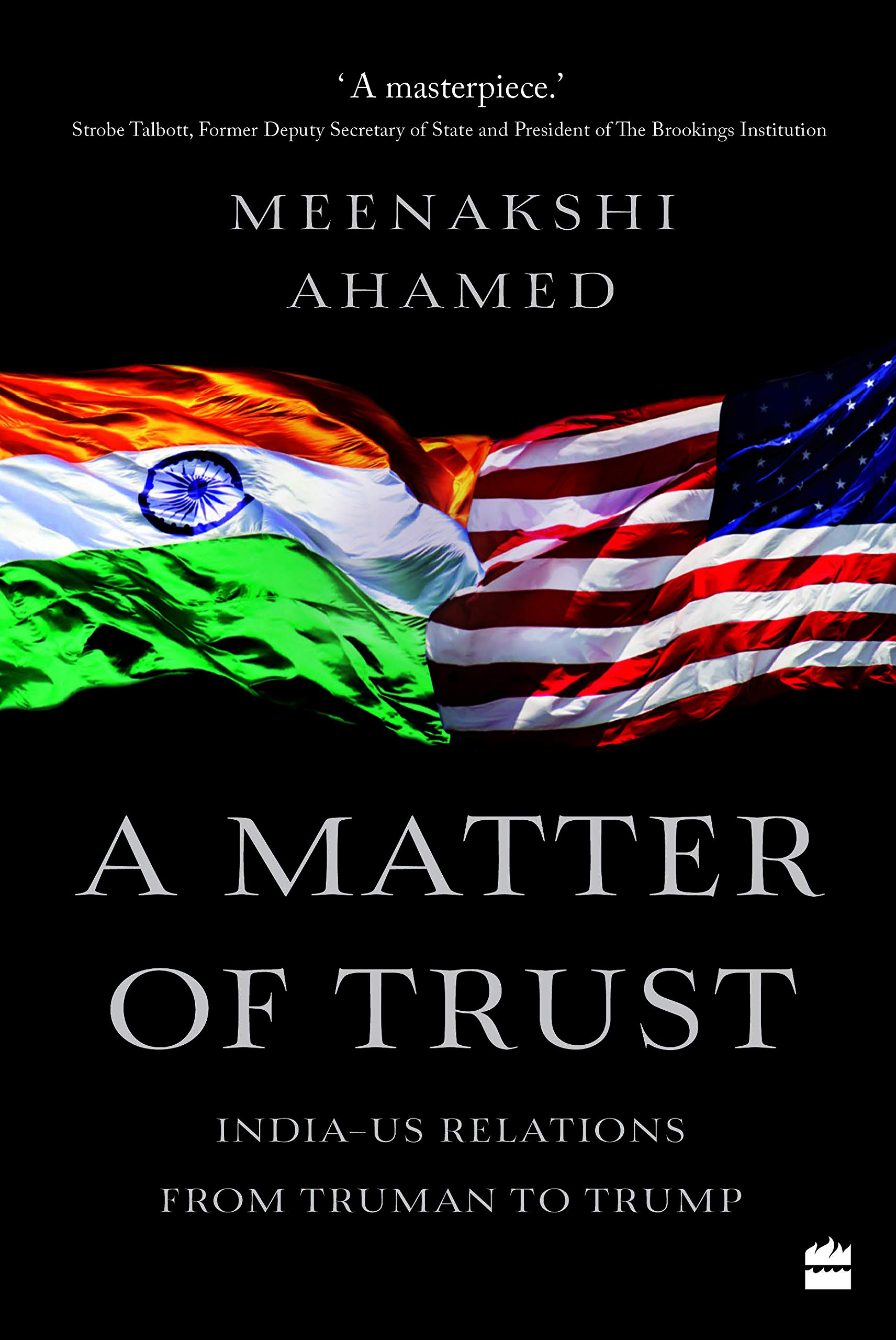
A Matter of Trust: Indo-US Relations from Truman to Trump By Meenakshi Ahamed, HarperCollins, Rs 899 Amazon
A serious shortcoming of Indian writing on matters of public interest is shoddy fact-checking, especially of historical facts and names. This problem is steadily getting worse with a profusion of books on diplomacy and statecraft in recent years. Ahamed or her editors, for instance, could have easily checked the date of Rajiv Gandhi’s assassination with a few clicks on the computer. On more than one page in the book, India’s sixth prime minister is mentioned as having been killed by a suicide bomber in 1989. It is not an exaggeration to say that many school children in India with an interest in General Knowledge would know that Rajiv died in Sriperumbudur in 1991 in the middle of a Lok Sabha election. When such an error goes uncorrected before a manuscript is sent to the press, it can raise doubts about the credibility of the book. Especially because Rajiv contributed significantly to the evolution of India-US relations both in and out of office. He was the first Indian prime minister not to have any hang-ups about being friendly with Washington. Yet, he was firmly against giving the US any free pass in India. Even out of office, he was proactive internationally in challenging the then global drift towards unipolarity in international relations. When the last two years of Rajiv’s life are lopped off from the author’s tour d’horizon of India’s relations with the US in the overview of the book, the reader is left with a jarring feeling.
Notwithstanding such deficiencies, A Matter of Trust is an extremely well-written book and is easy to read. Ahamed brings to bear on her writing style the felicity of a journalist, especially her experience in television. At no point is her style turgid the way writers on foreign policy, especially in India, often tend to be.
The book is dotted with references to non-alignment. Jawaharlal Nehru’s “non-alignment policy is perhaps one of his most enduring legacies,” writes Ahamed. Like the external affairs minister, S. Jaishankar, argued in his recent book, Ahamed’s A Matter of Trust is a reminder that non-alignment cannot be wished away in Indian foreign policy even now.
A welcome spin-off of the book is the timing of its publication. Joe Biden, the new US president, has been largely pre-occupied with domestic matters in the months he has been in office. If the army of aspirants to ambassadorships and to State Department positions in Washington are to be believed, Biden has not even started looking at the resumes of these people, let alone vetting them for the often protracted and sometimes partisan process of Senate confirmation.
Meanwhile, the book has generated some discussion, almost entirely on virtual platforms, which is the new normal for foreign policy think tanks everywhere. Because these discussions have drawn the participation of heavyweights on both sides of the pond, they have helped retain the focus on India-US ties in the public eye in Washington. This is very important in a city where out of sight is often out of mind.

